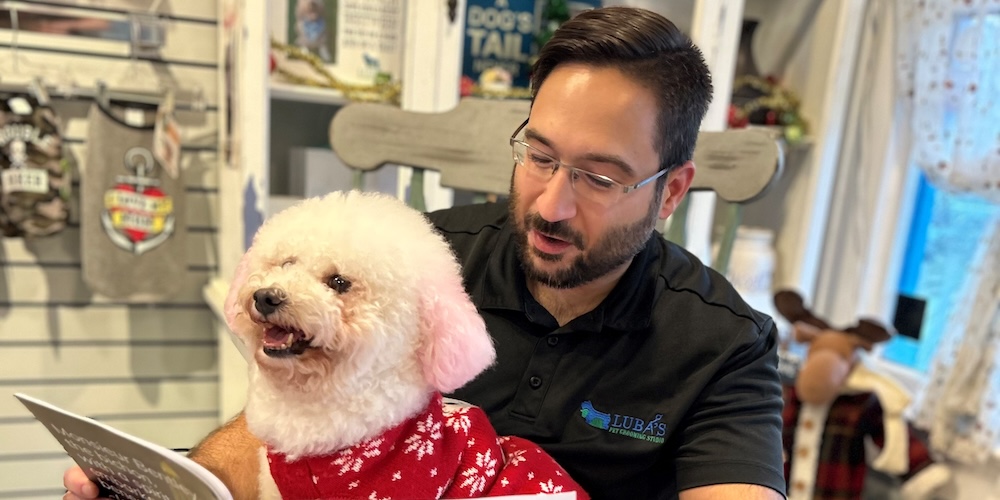When Jacksonville University’s (JU) Clinical Mental Health Counseling (CMHC) program prepared for the opening of the Center for Men’s Wellness, a local tragedy underscored the overwhelming need for its services.
On Aug. 26, 2023, a gunman entered a Dollar General in Jacksonville’s New Town Community, then shot and killed three Black shoppers, Angela Michelle Carr, Jarrald Deshaun Gallion, and Anolt Joseph “AJ” Laguerre, Jr. The racially-motivated massacre happened less than two miles away from the Emmett Reed Community Center, where the Center for Men’s Wellness was set to open.
In the aftermath of shootings, JU’s Dr. LaTonya Summers, Assistant Professor of Clinical Mental Health Counseling and Program Director of the Center for Men’s Wellness, received multiple calls for help.
“We were planning to open in a just a few short weeks, as I waited for the soft marketing to make its way around the community. But, immediately after the shooting, my phone started ringing with invitations to offer support in the community.”
Responding the acute need for mental health services, Dr. Summers advanced the Center’s opening to Sept. 7, with seven appointments already on the books.
Supported by grants from Baptist Health and Mayo, the Center for Men’s Wellness offers in-person and virtual counseling appointments free-of-charge to men living in the 32209 zip code. Staffed by a team of JU faculty, a community-based clinician, and advanced counseling students who specialize in clinical mental health counseling. Its home, inside the Center of Hope at the Emmett Reed Community Center, a hub for organizations that provide community services, makes it easily accessible to residents in a historically-marginalized area.
Dr. Summers said she chose to focus on male patients for several reasons. “I did not set out to serve men only, but the community offered very little to men. When I assessed the needs of 32209, I found programs that provide housing, counseling, and health services to women and children, and very few services for men. Yet, it’s men’s faces we see on the news when it comes to 32209.”
Compounding this problem is a general reluctance by men, specifically in predominantly Black communities, to seek help for mental health issues.
“There is a stigma associated with mental illness and mental healthcare in marginalized communities,” Dr. Summers explained. “It’s times ten when the focus is on men, and double that for men without resources. Men are socialized to be strong in every way—physically, mentally, financially, and so on. Oftentimes ‘strong’ is taught or interpreted as not needing or asking anything, not showing emotions, not dropping the proverbial ball, and not complaining. In communities of color, going to counseling or talking about one’s problems is seen in the same light. Often it is considered a white phenomenon, and men may see it as a privilege of women.”
To help men overcome this stigma, Monte King, Supervisor and Clinical Director of the Men’s Wellness Center, encourages them to view therapy much as they would a candid barbershop talk. “Therapy is basically a barbershop talk that is focused on you and trying to give you the most positive and correct information," shared King. "This is a safe place to have a conversation, to get some ideas and some feedback on your life and where you want it to go.”
Once the Center has stabilized its process, Dr. Summers would like to add group and family counseling services. The program is also exploring ways to create interdisciplinary collaborations that would improve the overall health of patients, such as having nursing students provide health checks and help the men establish medical homes at primary care offices.
For more information about the Center for Men’s Wellness, or to request an appointment, visit here.


